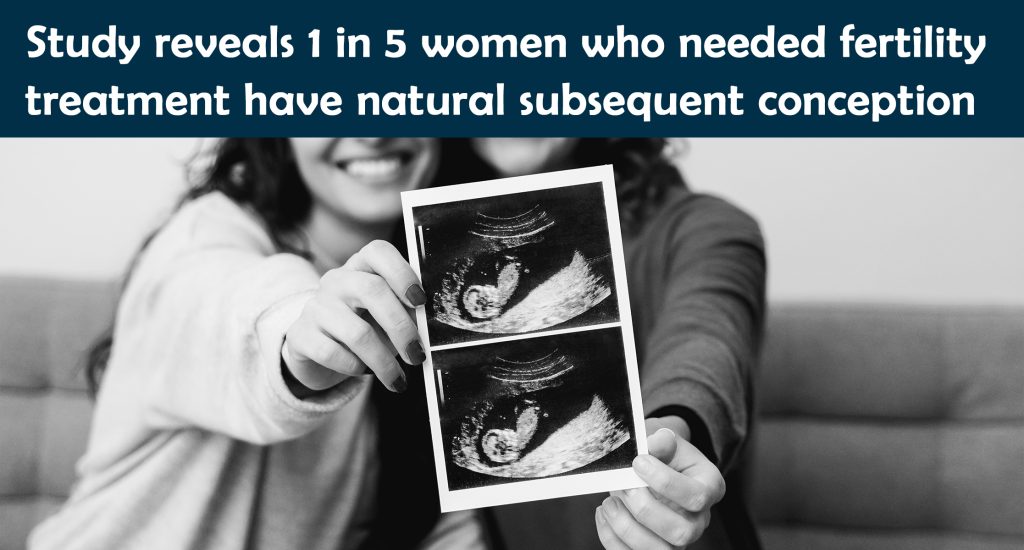
Obesity can impair the brain’s ability to recognize fullness and satisfaction after consuming sugar and fat, and these changes may be permanent, leading to a vicious cycle of weight loss and gain. Researchers found that adults with obesity had different neurological responses to fat and sugar infusions in the stomach compared to lean adults. Dopamine release, which creates feelings of reward from food, was reduced in participants with obesity. Even after significant weight loss, individuals with obesity still struggled to register food in their stomachs. These findings highlight the complex connection between the gut, brain, and obesity, emphasizing that weight control involves more than just willpower. The study sheds light on the physiological challenges faced by individuals with obesity in making dietary changes and losing weight.

